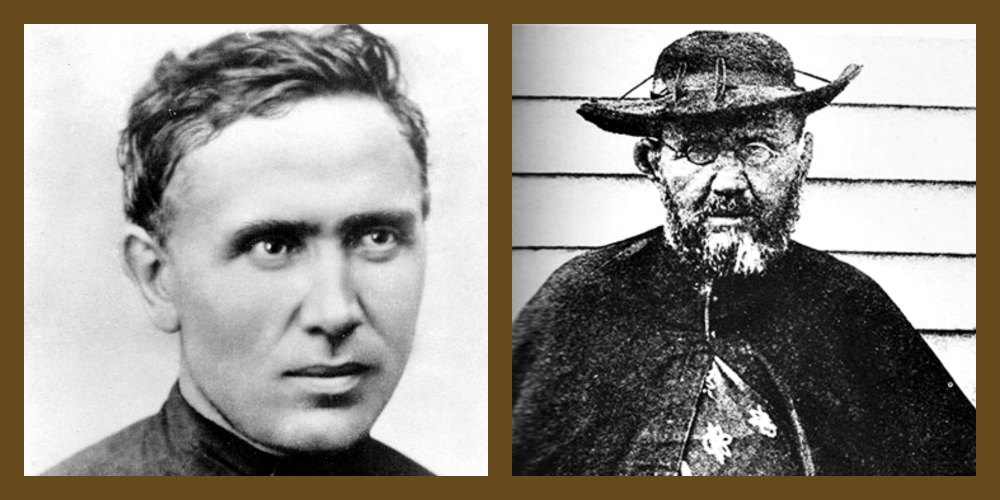Marrying for Love
Submitted by Deacon Jim Krupka
In Pope Francis’ Apostolic Exhortation, Amoris Laetitia, On Love in the Family, he has a section entitled “Marrying for Love.” Saying “yes” to marriage is a commitment that ensures that love will endure and grow. It takes two. Both must be committed without reservation to this love.
As we decide to marry, we consciously choose to leave individualism behind. As adolescents, we focus on growth toward a vocation and place in society. Entering marriage, the mature human product of that process joins with another for mutual growth and contribution to society. The social dimension of marriage makes marriage more than a private arrangement. We marry in Church and in public as a social institution that is the fundamental element of society. As the couple grows deeper in love, they become “good” for the whole of society. They become a rock of strength and stability in a world where stability can be hard to find.
In this social context, the decision to join two lives is serious and important. That is why our Church takes the time and devotes the effort to help couples prepare to marry. The Pope presents a challenging contrast for couples in a relationship considering marriage. Due to the importance of the bond, marriage must not be a shallow and hasty decision. Most people will experience the emotional tidal wave that the movies call love. It’s wonderful. In this romance phase, we only see what we want to see in the other. We recognize the stuff that makes us feel good. But marriage needs more. We need to understand who we are marrying, including the things that come from our family of origin and personality wiring. We need to know where each is on faith, money, children, and pleasure. I am talking about complete openness. That takes time. Our Church asks for at least six months of preparation ahead of sacramental marriage. At the same time, the Pope says that couples should not postpone marriage indefinitely. A prolonged delay shows an unwillingness or inability to commit to unconditional love. Cohabitation or “trial marriage” does not do it. The reality is marrying involves a risk. No amount of cohabitation time will make that risk go away. Commitment by two people to life together no matter what is the most complete way to minimize the risk. Unwillingness to commit to that risk is selfish and a bad foundation for marriage.
